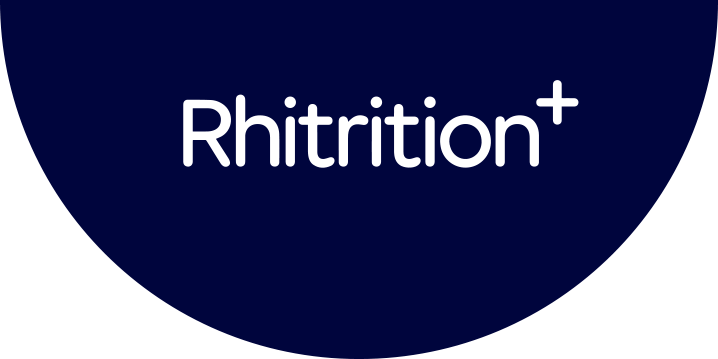Do Children Need a Vitamin A and C Supplement?
Article written by Aoibhínn Connolly
Current NHS guidelines recommend that children should be given a daily supplement containing vitamin A, C and D from 6 months of age.
This is because in the UK young children are at risk of not getting enough vitamin A and vitamin C in their diet, and also because vitamin D is extremely hard to get from food alone. Children may be at risk of vitamin A and C deficiency if they can't, or won't, eat fresh fruit or vegetables, have multiple food allergies or are fussy eaters. These recommendations are based on ensuring that the most at-risk groups of children avoid deficiency.
While vitamin A and C play a crucial role in growth, immunity, and overall well-being, getting these vitamins from a well-rounded diet is not only sufficient, but also preferable for health. Most healthy well nourished children won’t need these supplements if they eat a well-balanced diet, as they will easily get their recommended daily intake - unless we are talking about vitamin D!
So, vitamin A and C supplements can be helpful if your child is deficient in these vitamins. But if they aren’t deficient, supplements are not usually needed.
Let’s explore vitamin A and C to find out how to ensure our little ones get enough from their diet.
Vitamin A
Why does my child need vitamin A?
Vitamin A is important for:
Supporting a healthy immune system,
Supporting vision,
Helping cells to grow and develop.
How much vitamin A does my child need?
0-12 months : 350 μg / day
1-6 years : 400 μg / day
7-10 years : 500 μg / day
Foods high in vitamin A:
½ sweet potato: 500 μg
1 tbsp of carrots: 385 μg
Handful of spinach: 230 μg
5 slices of mango: 200 μg
1/2 of an orange pepper: 260 μg
Fillet of salmon : 118 μg
1 egg : 50 μg
30g of cheddar cheese: 115 μg
250ml of whole milk: 100 μg
250g of yoghurt: 80 μg
Vitamin A is fat soluble, meaning that it is best absorbed alongside fat to help carry it into the body. When offering foods high in vitamin A, combine them with a source of fat to help absorption. For example, roast sweet potatoes with coconut oil or olive oil, or toss an orange pepper into a sandwich and drizzle with oil.
Vitamin C
Why does my child need vitamin C?
Vitamin C is important for:
Supporting immune function,
Forming collagen,
Protecting damage to cells,
Producing key hormones and neurotransmitters to support the healthy function of the nervous system,
Vitamin C also helps our bodies to absorb non-heme or plant based iron.
How much vitamin C does my child need?
0-12 months : 25 mg / day
1-10 years : 30 mg / day
Foods high in vitamin C:
1/4 red pepper: 50 mg
1 kiwi: 60 mg
1/2 cup kale: 46 mg,
1 cup of strawberries: 85 mg
1 orange: 70 mg
2 spears of broccoli: 40 mg
1 medium raw tomato: 20 mg
In just one average portion of a food rich in vitamin C, your little one can meet their daily requirements. Even if they eat smaller than average portions, by offering a variety of these vitamin C rich foods throughout the day, they are more than likely to meet their vitamin C requirements.
Vitamin A and C supplementation:
Deficiency of vitamin A and C is rare in the UK as these nutrients are readily available in many of the foods we eat. The current government guidelines recommend providing children aged 6 months to 5 years with a daily vitamin supplement containing vitamins A, C, and D, unless they consume over 500ml of formula per day.
These recommendations target the general population, particularly focusing on groups that might struggle to meet the recommended daily vitamin intake. This group includes young children who may not maintain a well-balanced diet, children with food allergies or fussy eaters. However, when children enjoy a rainbow of nutritious meals, there is usually no need for extra supplements.
The exception to this is vitamin D. Our main source of vitamin D is through sun exposure, specifically during the summer months. Throughout the colder months, vitamin D is difficult to get from food sources alone, so the NHS recommends a 10 ug daily supplement for all ages to meet our needs.
Unfortunately, many people are still unaware of what’s recommended. At Rhitrition+, we created a vitamin D supplement specifically for little ones. Vted #1 in the UK, get your kids’s vitamin D drops now at Rhitrition+.

